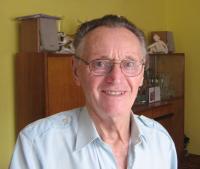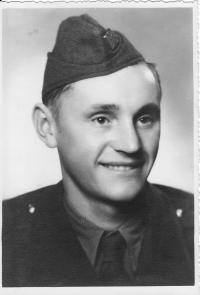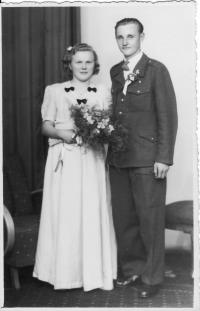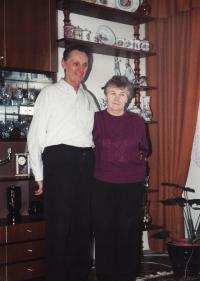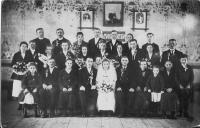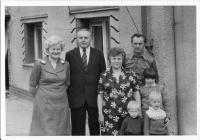What we learned during the period of the First Republic fell through, the history was all German.
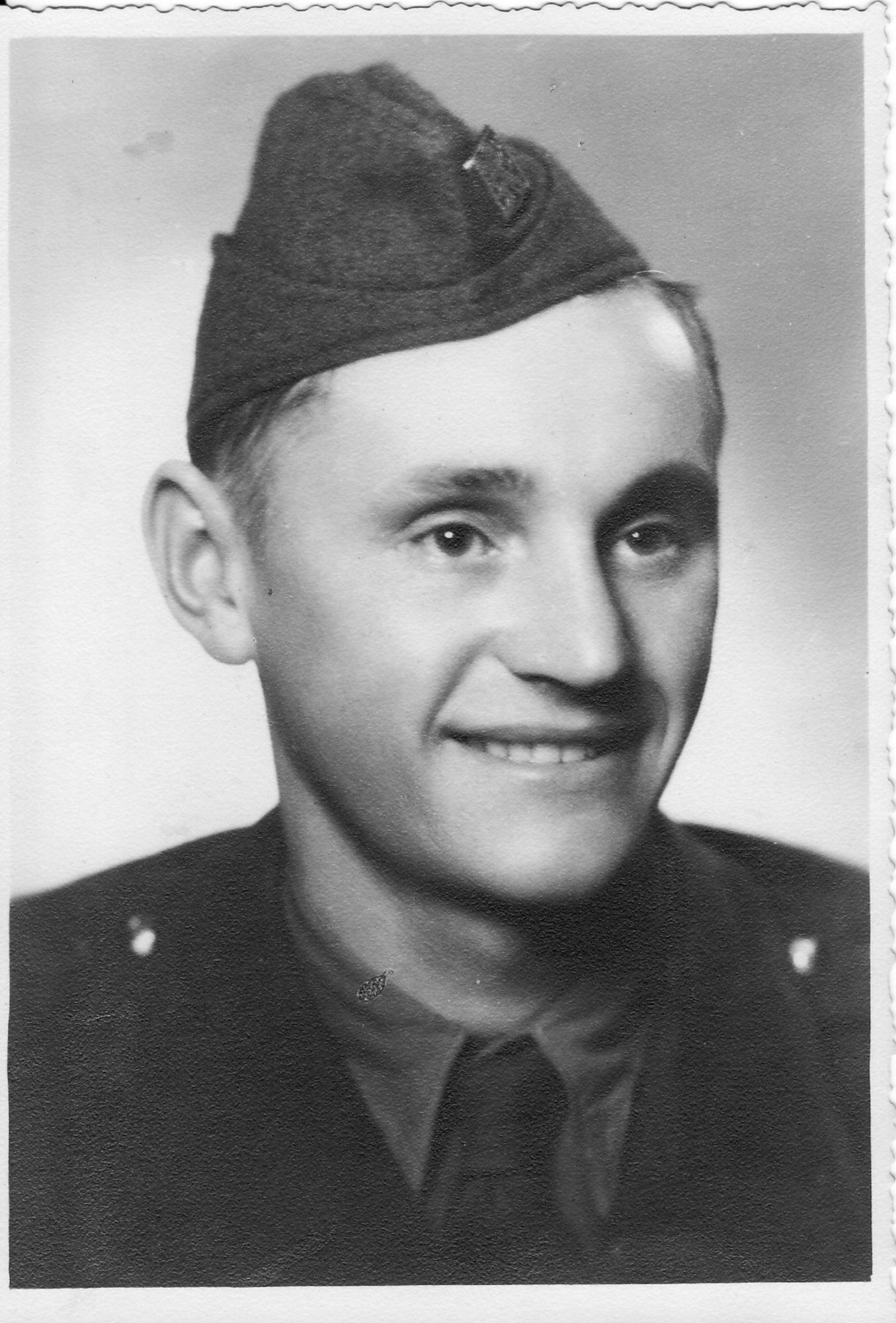
Download image
Ladislav Minář was born in Zborov at Zábřeh na Moravě on March 23, 1925. He witnessed the arrests of this Czech village’s citizens by the Gestapo. At the end of the war he helped the local guerrilla unit. He even took part in some acts of sabotage. He joined the KSČ (the Communist Party of Czechoslovakia) after February 1948 and joined the People’s Militias in 1950. He was a group leader. He parted with both the Communist Party and People’s Militias in August 1968. He has been a chairman of the Czech Association of Freedom Fighters in the region of Šumperk since 2000. He currently lives in Zábřeh na Moravě.
